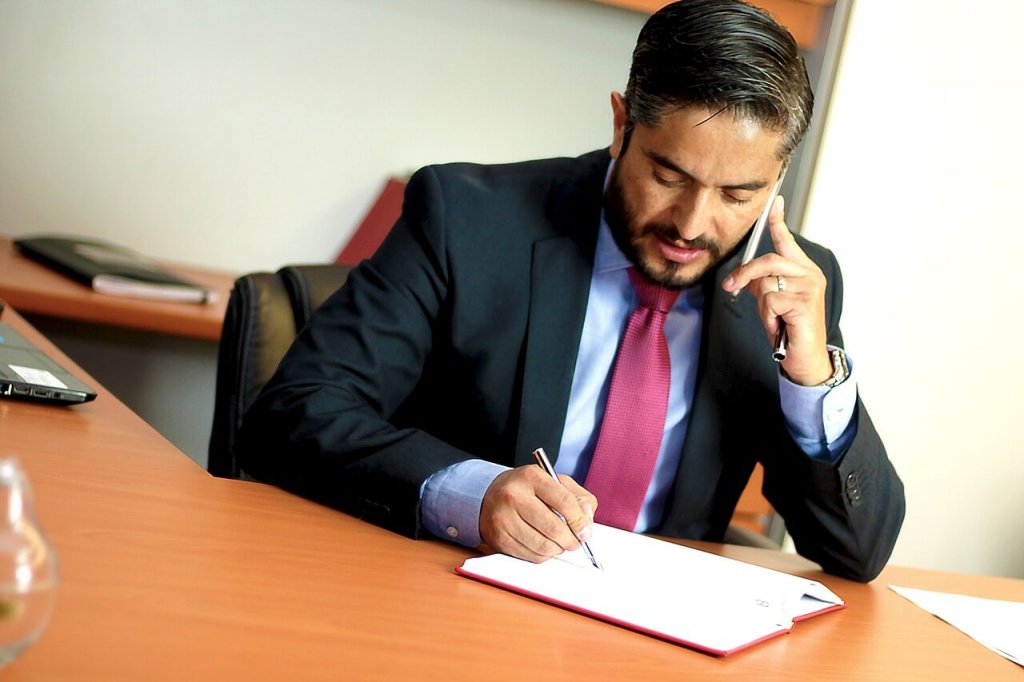Good communication is essential in many workplaces, however, for lawyers it is a vital component of countless daily dealings, and is one of the main skills that needs continuous development and improvement throughout our careers.
For lawyers, communication is not just verbal – it can involve interpreting body language, re-constructing written language, or surmising implied instructions. This means that lawyers need to become excellent translators.
Translators, in essence, read or listen to one thing (a language), grasp its basic meaning, then turn it into something else (a second language) which would then be consumed by another person.
Good translators don’t just translate the words though, they will understand the nuances, culture, and subtleties that have been used to develop the words they are required to translate, and they will ensure that the initial message is conveyed in a clear, concise and comprehensible way.
Similarly, lawyers take information from one source, for example the law, and translate it for clients so they can understand legislation or individual cases. The original message must remain intact but it needs to be translated so that those who require the information can access it in a way that best suits them.
As lawyers we need to be proficient translators in a few key ways:
1. Translating Law
This may seem an obvious statement, but it is also the only translation method we are taught at university; law school taught us to read legislation and cases, decipher what it all meant, and then apply it to a new situation.
What university didn’t teach so well however, is the ability to express this ‘translation’ to an audience in a persuasive, methodical, and comprehensible way so that it can be understood by those who need to access the information.
It might be a client (to whom we are giving advice), a colleague (when conducting research), or a judge (in the instance of submissions), but we must be able to translate the law in a manageable, understandable way for the audience, which this takes practise and talent.
2. Translating Procedure
No matter where you practice law you will have procedure rules that you have to follow; in the UAE we have different legal procedure rules which must be understood by those who need to use the justice system.
As lawyers our task is to translate these rules so clients are aware of legal processes and what might happen in court.
We must add our experience of court appearances, knowledge of the presiding judge, and familiarity of court procedure to explain to our clients what is likely to occur.
Human factors are not accounted for in procedure rules but do affect legal decision making and need to be understood by those who use the legal system. Our task is to translate this knowledge into a language that is clear and concise for our clients.
3. Translating Instructions
Clients will sometimes give us instructions that they want us to follow, and this is often done in a ‘lay person’s’ language. These instructions will need translating into a ‘legal’ language.
For instance, if suing for damages a client might say “get my money” but we have to translate these instructions by fitting them into a legal framework and adopting a language that is suitable for a court of law.
This means we frequently have to filter our client’s words and translate them into language that can be used in a legal sense.
We have translated the instructions so they fit into a legal framework that we can work within, and so they are suitable for the legal system. Of course, this also works in reverse.
4. Translating expectation
There are times when a client’s expectations regarding what the law, or legal system, can do for them is not in line with reality.
From time to time all lawyers need to alter their client’s expectations, for instance…
• The client may not be able to afford your services
• A court may not support you client’s case (contrary to their opinion)
• The law might not offer a suitable solution to your client’s problem
Most clients will not appreciate this adjustment of expectation but it is our job to provide it.
5. Two-way translation
To be an effective communicator and translator you must understand that translation is a two-way procedure.
You need to be proficient in translating legal language, but also in understanding your client. Can you read their body language? Are they expressing their emotions in a way you understand? Can you appreciate their perspective and views? Are you on the same page as your client?
Listening, watching and understanding your clients will enable an easier translation for all parties involved.
Once you can translate in both directions you will become a proficient translator.
Good communication skills are precursors to becoming an effective translator and a remarkable lawyer – the better you can translate information, law, procedure and expectation in all situations, the better you can do your job.












